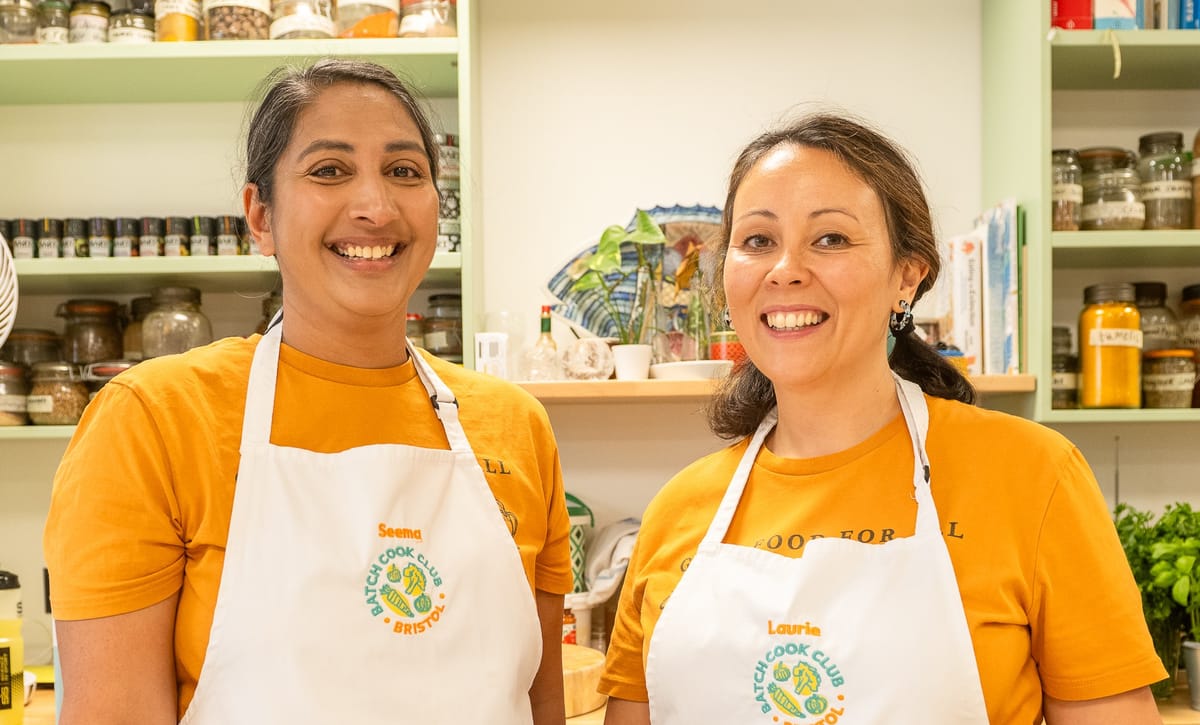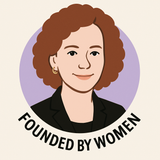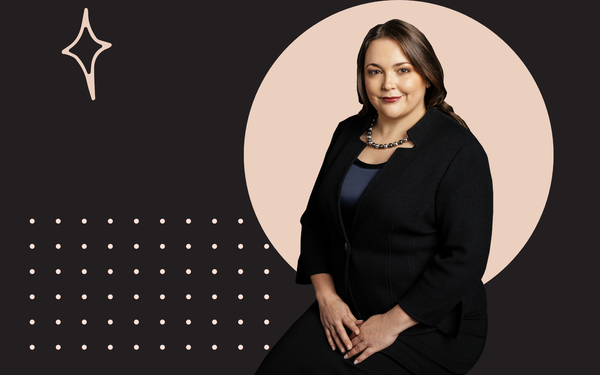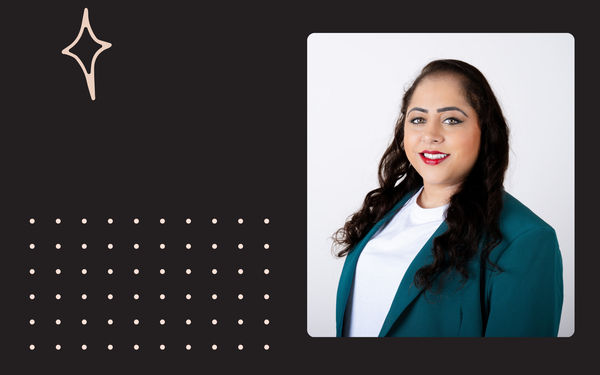The Nutritional Therapist Who Believes the Best Medicine Happens Around a Kitchen Table

In a world where meal prep means grabbing whatever's quickest and eating often happens alone at a desk, Seema Vekaria is staging a quiet revolution. Armed with a diploma in nutritional therapy and memories of her family's communal cooking rituals, she's proving that food can be medicine for more than just our bodies—it can heal our communities too.
As co-founder of Batch Cook Club, a Bristol-based social enterprise, Seema has created something remarkable: a space where cooking becomes connection, where meal planning becomes joyful, and where the simple act of chopping vegetables together transforms strangers into neighbors. Since launching in 2023, she and co-founder Laurie Roche have hosted over 60 events and events across South Bristol, reaching everyone from university students living on tight budgets to families navigating the cost-of-living crisis.
But this isn't just another cooking class. Batch Cook Club is officially a Community Interest Company—a social enterprise with mission baked into its very structure. With funding from organizations like Feeding Bristol CIO and Jewsons, they offer funded cooking classes for those who would otherwise be unable to attend, ensuring that good food and community connection aren't privileges reserved for those who can afford them.
Seema's approach challenges everything we think we know about healthy eating. Instead of expensive superfoods and complicated meal plans, she champions the radical idea that wellness comes from gathering together, sharing skills, and taking home meals that nourish both body and soul. As a nutritional therapist, she designs recipes that are both delicious and nutritionally balanced, but always with accessibility and joy at the center.
The timing couldn't be more critical. During the cost-of-living crisis, they've learned more about the challenges people face and how beneficial their sessions are, addressing the intersecting crises of food insecurity, social isolation, and burnout that define modern life. Their model proves that the answer isn't another diet plan or wellness app—it's returning to the ancient wisdom of cooking together.
In this conversation, Seema shares how childhood memories of communal cooking shaped her vision, why she believes food is a tool for emotional and social wellbeing beyond nutrition, and what she's learned about building impact-led businesses that serve communities rather than just markets. Her insights offer a blueprint for women entrepreneurs who want to create change that goes far beyond profit margins.
This is leadership that looks like ladling curry into containers for neighbors, like teaching students to stretch their budgets while nourishing their bodies, like proving that sometimes the most radical thing you can do is slow down and cook together.
As a Nutritional Therapist who co-founded Batch Cook Club to make healthy eating more accessible and joyful, what inspired you to create a social enterprise that brings communities together through cooking, and how do you see food as a tool for wellness beyond just nutrition?
The initial spark for Batch Cook Club came from my brilliant co-founder Laurie Roche. After having her first child and whilst living in rural Wales, she found herself feeling isolated and really wanted somewhere to go that was both social and practical. She imagined a space where people - especially parents - could cook some meals for the week, chat, and eat together.
When she shared the idea with me, it instantly resonated. As a Nutritional Therapist, I see food not just as a tool for physical health but as a foundation for emotional and social wellbeing too. For me personally, cooking has always been about connection. Growing up, it was never a solo task. In my family, meals were often made in a group - the women sitting around a big table, chatting and chopping vegetables, with lots of children running around and laughter filling the space. That sense of togetherness, of food as a shared ritual, left a deep imprint on me.
That’s what Batch Cook Club is trying to recreate: a warm, welcoming space where food becomes a way to connect, care for ourselves, and care for each other.
Batch Cook Club focuses on making cooking "fun, social, and accessible" while addressing challenges like lack of confidence, time, and budget constraints. What strategies have you found most effective in helping people rebuild their relationship with cooking, particularly during the cost-of-living crisis?
One of the most powerful strategies has been bringing people together to batch cook. When we work as a group, it takes away the pressure of doing it all alone. It becomes a shared, positive experience - people chat, swap tips, and go home with multiple meals ready for the week. It’s both time-saving and cost-effective.
We also focus on confidence over perfection. Our recipes are flexible, our approach is supportive, and we’re mindful of people’s budgets, skill levels, and time constraints. Our goal is to help people feel good in the kitchen, not overwhelmed by it.
In the current cost-of-living crisis, we’ve made it a priority to run fully funded and subsidised places, work with local food retailers, and tailor sessions around what’s affordable and accessible. We are helping to build food resilience and community, one session at a time.
Your work spans different communities - from students to families - while maintaining a strong social mission. What advice would you give to women entrepreneurs building impact-led businesses?
Start by getting really clear on why you’re doing it - and let that guide every decision you make. Purpose-led work takes time, energy, and emotional commitment. Your "why" needs to be strong enough to carry you through uncertainty and the inevitable tough days..
Next, listen to your community, don’t assume you know what they need. Real impact doesn’t come from offering ready-made solutions; it comes from building something alongside your community. When people feel seen, heard, and included, lasting change becomes possible.
And most importantly, find your people. Surround yourself with mentors, collaborators, and peers who share your values and believe in your vision. Building something meaningful is much more sustainable (and joyful!) when you’re not doing it alone. And don’t wait for perfect conditions to start. If you have a clear purpose, start small, stay flexible, and let the work grow organically.
Are you a woman leader with an inspiring journey to tell? Founded by Women is on a mission to elevate and amplify the voices of women making an impact.
If you're breaking barriers, driving change, or paving the way for others, we’d love to feature your story. Get in touch with us today!
👉 hi@foundedbywomen.org


